INTERVIEW CONTINUED FROM PREVIOUS PAGE
If you could only cook with one more protein, what would it be and how come?
Honestly, it probably would be – that’s a very hard question – if you gave me two, I’d say any kind of whole animal. Probably lamb if you really forced me into a corner, but whole animal, and then raw fish, or any kind of whole fish. My two favorite vehicles to play with, if I’m cooking on a very cerebral level, would be whole animals, because you can break them down and do so many different things with them, and fish, specifically raw fish, because the raw fish, in terms of sashimi, to me is just a vehicle or a backbone to create a flavor profile. I’m not looking at it like the Japanese do, which is the fish being the entity. I say the fish are the platform to carry things that are ultimately the entity. As an example, if you had a piece of tuna and you put fresh watermelon, pickled watermelon rind, dehydrated watermelon, fresh feta cheese and mint, and you put that on top of the fish, what you would get is the flavor profile that would reminisce about summertimes at home, where there would be chunks of watermelon and chunks of feta cheese on the table. That combination of sweet with salty, savory cheese is just wonderful, very exciting on the palate. If you add that to the already lush piece of tuna, you can really imagine what’s happening when you bite into that. And if you add the texture of the dehydrated watermelon and the bright acidity of the pickled rind, to pair with the brininess of the feta cheese, you can already see the flavor profile and the evolution of flavor happening. As you chew, it keeps changing and evolving. You get to control that as a chef when it’s a piece of sashimi, because you’re eating that in one bite. That always was a lot of fun for me.
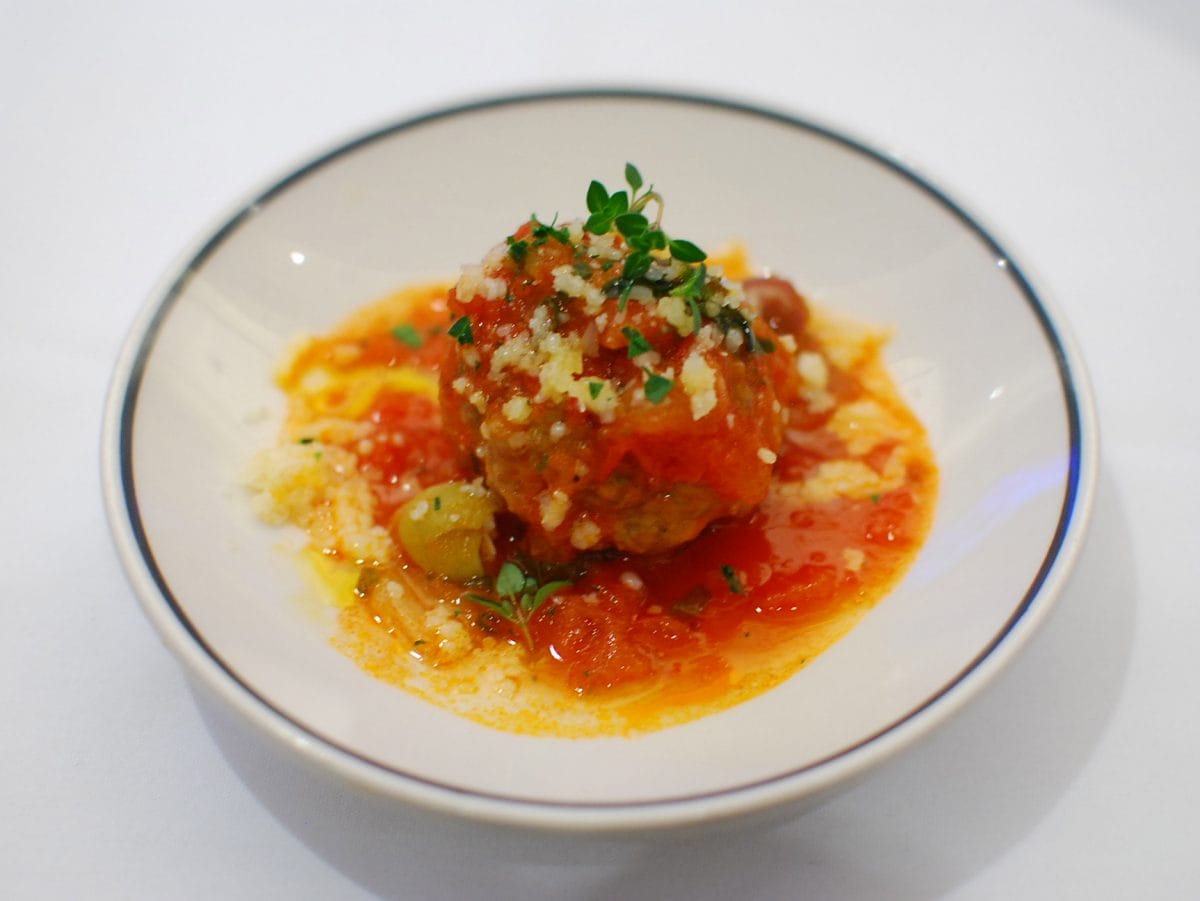
Who’s a person that you’ve never cooked with before that you would most like to cook with?
That’s a good question also. I don’t know if it would be a chef, necessarily, as much as it would be a person, just to try to get into their minds a little bit. I’d love to go back in time and maybe cook for William Blake, just to kind of pick that guy’s mind apart. He’s influenced my thoughts a lot, and the way that I cook today is very much in the vein of when Doors to Perception are cleansed, people see things as they truly are infinite.
I think the guys that are out there cooking food that is making me think, I applaud them for it. They really are the pioneers of our industry. They’re the true artists, and they’re the ones who are evolving food and showing people what food can be, in an art form. I really don’t cook like that anymore. I often go back into the kitchen and play that way. It’s still my sort of safe place to go, but it’s an all-encompassing thing. You need to be all-in if you’re going to cook that way. These guys are sacrificing their lives, as I did for years. I’m not in that place right now to put food before family and friends and memories that family and friends will allow you to create. So, I sort of went through that process and came out the other side, and now I’m in a place where food is just a vehicle for me to create memories, and not so much to be a goal for me to express my emotions or my thoughts to someone else and be judged by it. There was a time where that was very important to me. Not anymore.
In terms of being judged, which do you enjoy more, competing on competition shows, or judging?
You know, again, there, with the change in my philosophy, I think that the younger me was very competitive. Winning was very important. I was a goal oriented person and success drove me. With maturity – I think that’s what it is, I’m not 100% sure, maybe it is, maybe it isn’t – whatever the vehicle was that sort of was the catalyst to put me in the mental position that I am now, I’ve sort of realized that it’s more about the teaching side of competition, and the teaching side of judging that’s more important than either rthe win or the loss. Even now I’m on a television, it’s a competitive television show that I’m producing, and the idea behind it for me anyway – whether I win or lose, at the end of the competition, what I want to be able to pull away from it is that I’ve influenced. If I’ve been able to influence someone, if I’ve been able to teach someone, if I’ve been able to plant the seed of thought that will ultimately allow them to take that seed and maybe spread it to others they know, then I did win. Maybe not on a scorecard, but ultimately in my mind, that’s a win. It’s difficult to show that to people or express that to people in our culture, because winning is so important in our society, and I get that, and I don’t think that should be taken away. There’s an importance there. Even with my sons, I teach them that you have to strive to achieve your goals. That in itself is winning. I think when you get older and mature, you realize that winning and losing is something that’s self-imposed and self-judged. It’s not based on someone else’s opinion. If you’ve done something to achieve the goal, then you’ve won. Whether the other guy says you’ve achieved the goal or not doesn’t matter.
If you could travel anywhere in the world right now, one city, primarily to eat and drink, what would it be and how come? /strong>
Greece would be something I don’t feel like I’d do just because I know it. I’d like to go somewhere completely out of my knowledge and realm of reality. Truthfully – and this is ironic because I don’t use anything Asian – it would probably be somewhere in Asia. I have literally no idea how to cook Asian food. I don’t try. I think people have this sort of false identity that if you’re a chef you basically know how to cook everything, which is not necessarily the case. At least for me, that’s definitively not the case. I’m a really specialized chef in terms of what I cook. I know Greek-Mediterranean style food. Give me Italy, Spain, south France, Greece, I’m good. Move outside of that is way outside my comfort zone. I love eating it, but I wouldn’t go out and try to cook it, because it’s just not something that I’m comfortable with.
Can you imagine opening a restaurant in Los Angeles?
I tried doing some consulting in Miami, and it’s hard being away from your family for long periods of time. I’ve gotten better with control issues I used to have, but it’s difficult being on the other side of the States. You can’t just go there and check things. I don’t have that infrastructure, especially human resources, at this point, where I can say I’m ready to go outside my area where I feel comfortable, that I can still touch and affect what’s going on. I’m still in my restaurants every day. I’m in a restaurant every day, 15 hours a day, six days a week. I love what I do, but it’s my own demon and my own drug and my own everything.

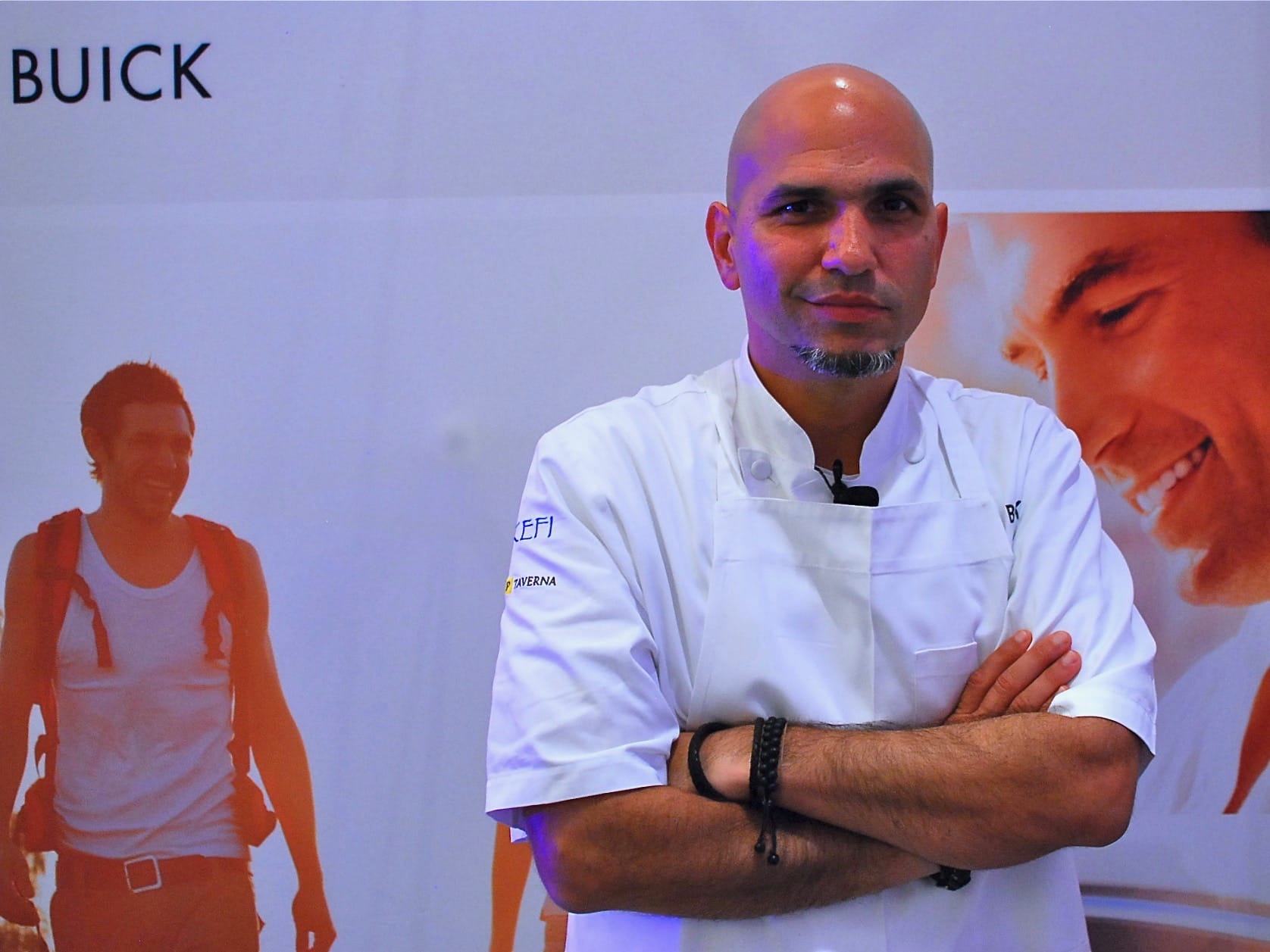
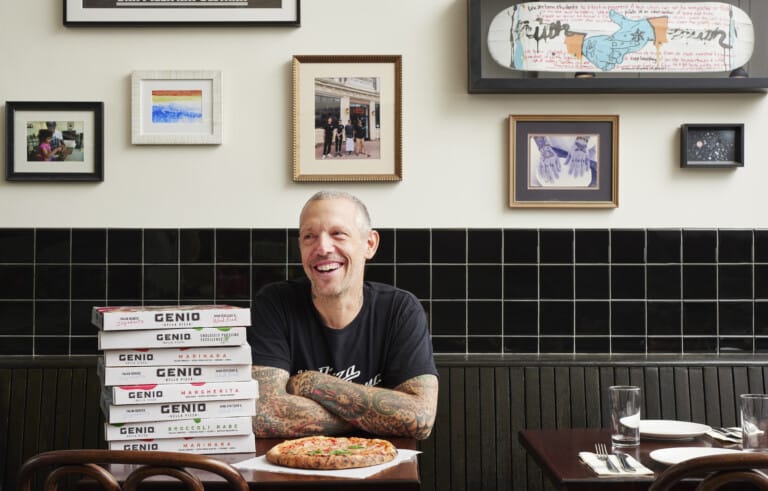
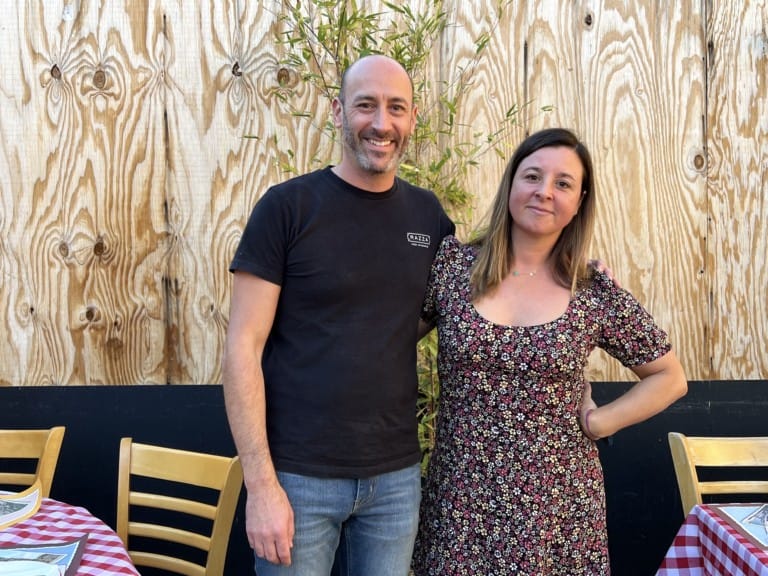
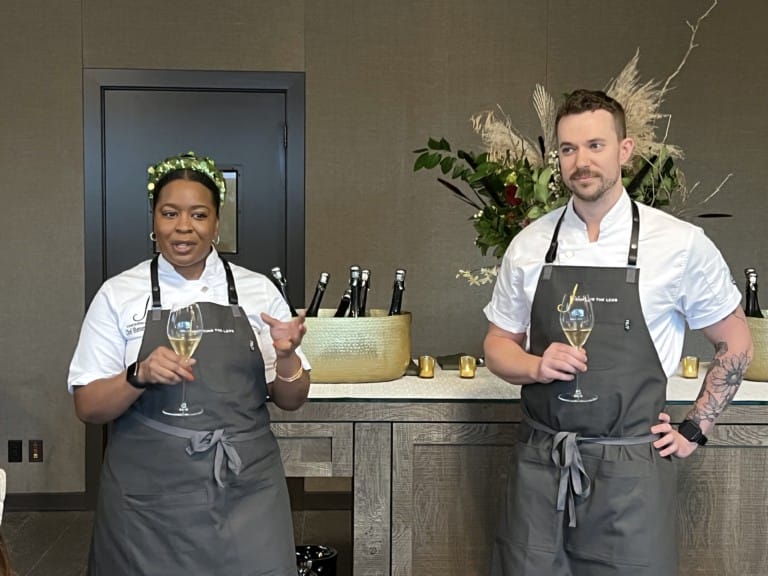




Leave a Comment